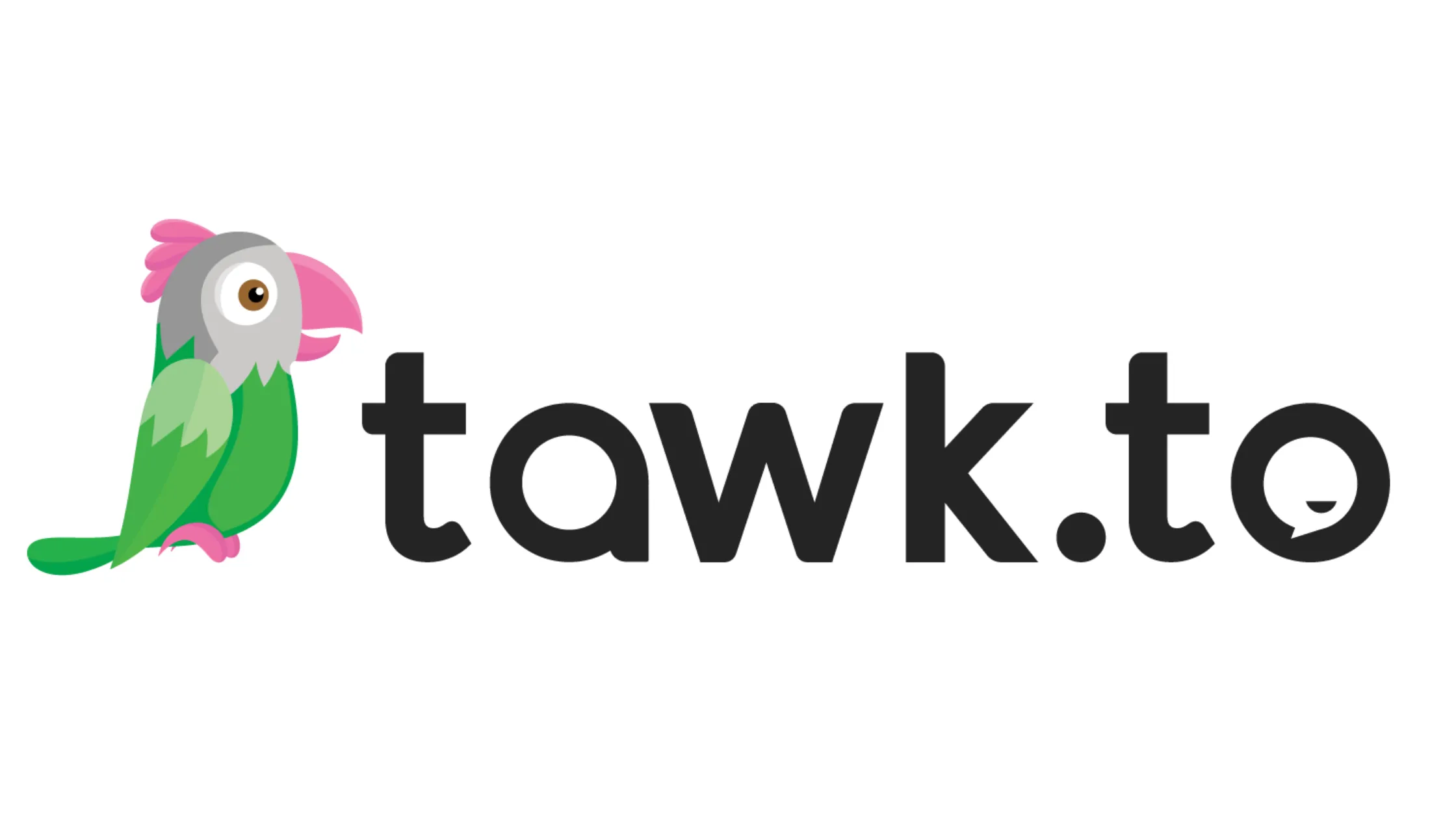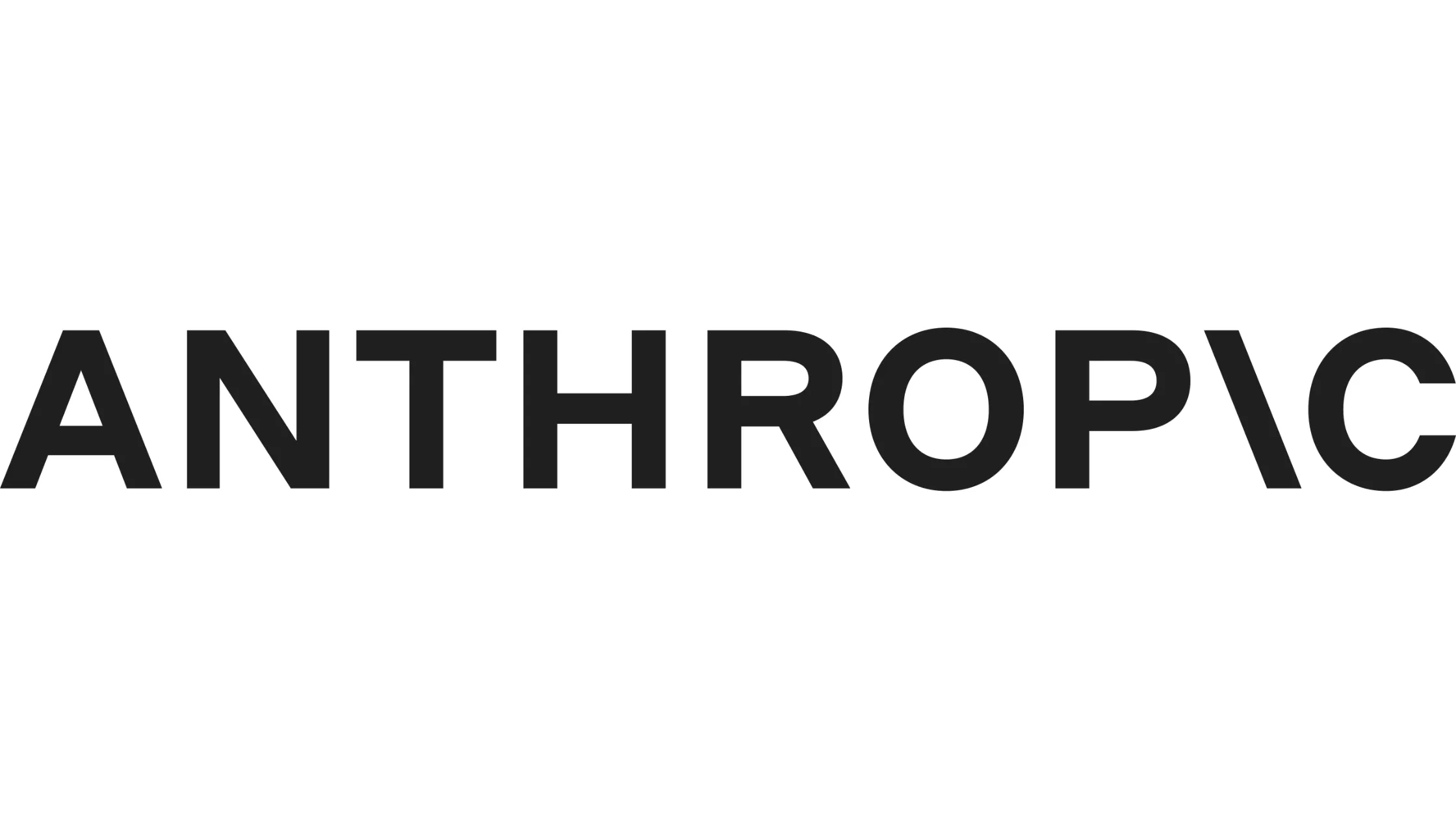
The Hidden Costs of DIY Development: Why Outsourcing Makes Sense for Founders
Uncover the true costs of DIY development and learn when outsourcing suits founders betters. Maximize efficiency and minimize risks with expert insights.
As a founder, you're no stranger to wearing multiple hats. You've got the vision, the drive, and the determination to bring your ideas to life. But when it comes to software development, is the DIY approach really the best way to go? It's a question that's been buzzing around startup circles, and for good reason. The allure of building everything in-house is strong, but have you considered the hidden costs that might be lurking beneath the surface?
Let's face it, the world of tech moves at breakneck speed, and keeping up can feel like trying to catch a greased pig at a county fair. That's where outsourcing comes into play, offering a lifeline to founders who are juggling a million and one tasks. But before we dive into the nitty-gritty, let's take a moment to explore why this topic is more relevant than ever in today's startup ecosystem.
The Siren Song of DIY Development
The Illusion of Control
There's something undeniably appealing about building your product from the ground up. It's like being the master chef in your own kitchen – you've got control over every ingredient, every flavor, and every presentation. But here's the kicker: just because you can cook doesn't mean you should open a restaurant.
Many founders fall into the trap of thinking that DIY development gives them ultimate control over their product. And sure, on paper, it looks like you're saving a pretty penny by keeping everything in-house. But let's pull back the curtain and see what's really going on behind the scenes.
The True Cost of Learning on the Job
Here's a scenario for you: You've decided to tackle development yourself or with a small in-house team. You're smart, you're capable, and hey, how hard can it be to pick up a new programming language or two? Fast forward a few months, and you're knee-deep in Stack Overflow threads, burning the midnight oil trying to debug a seemingly simple feature.
The hidden costs start piling up:
- Time: Your most precious resource as a founder is being drained faster than a leaky faucet.
- Opportunity Cost: While you're wrestling with code, who's handling business development, marketing, or fundraising?
- Quality: Let's be honest, your first attempts at development might not be up to snuff, leading to technical debt down the line.
- Stress: The pressure to deliver can turn your dream job into a nightmare quicker than you can say "compile error."
The Outsourcing Advantage
Tapping into Expertise
Now, let's flip the script and consider outsourcing. It's like calling in the cavalry when you're outnumbered – suddenly, you've got a team of seasoned pros at your disposal. These folks eat, sleep, and breathe code, and they've probably encountered (and solved) every problem you're likely to face.
The benefits are clear as day:
- Specialized Skills: Access to a diverse pool of talent with niche expertise.
- Scalability: Ramp up or down based on your project needs without the hassle of hiring and firing.
- Focus: You can keep your eyes on the prize – growing your business – while the experts handle the technical heavy lifting.
The Economics of Outsourcing
"But wait," I hear you say, "isn't outsourcing expensive?" Well, let's crunch some numbers, shall we? When you factor in the cost of hiring full-time developers, providing benefits, equipment, and office space, the price tag can make your eyes water. Outsourcing, on the other hand, often comes with a predictable cost structure that can be easier on your budget – and your blood pressure.
Consider this:
- Fixed Costs vs. Variable Costs: Outsourcing turns your development expenses into a variable cost, which can be a godsend for cash-strapped startups.
- Reduced Overhead: No need to invest in expensive development tools or worry about keeping them up-to-date.
- Global Talent Pool: Access to competitive rates from international developers without sacrificing quality.
Navigating the Outsourcing Landscape
Finding the Right Partner
Of course, outsourcing isn't without its challenges. The key is finding a partner who's not just technically proficient but also aligns with your vision and work style. It's like dating – you've got to kiss a few frogs before you find your prince (or princess) of development.
Here are some tips to help you find your perfect match:
- Look for Cultural Fit: Ensure your outsourcing partner understands your company culture and values.
- Check References: Don't be shy about asking for case studies or speaking to previous clients.
- Start Small: Begin with a trial project to test the waters before diving into a long-term commitment.
Communication is Key
Once you've found your dream team, communication becomes the name of the game. It's not enough to toss your requirements over the fence and hope for the best. You've got to be involved, providing clear direction and feedback throughout the process.
Some best practices include:
- Regular Check-ins: Schedule frequent updates to stay on top of progress and nip any issues in the bud.
- Use Collaboration Tools: Leverage project management software to keep everyone on the same page.
- Be Clear About Expectations: Set realistic deadlines and be upfront about your priorities.
The Long-Term Perspective
Building for Scale
As a founder, you're not just thinking about today – you're planning for tomorrow, next year, and five years down the line. Outsourcing can give you the flexibility to scale your development efforts up or down as needed, without the long-term commitments that come with building an in-house team.
Think about it:
- Rapid Prototyping: Get your MVP off the ground quickly to test market fit.
- Iterative Development: Easily pivot or make changes based on user feedback without major resource shuffling.
- Technology Adaptability: Stay current with the latest tech trends without constantly retraining your team.
Maintaining Quality and Security
One common concern with outsourcing is the potential for compromised quality or security. But here's the thing – a reputable outsourcing partner is likely to have more robust quality assurance and security protocols than a small in-house team.
Consider these points:
- Established Processes: Professional development firms have tried-and-true methodologies for ensuring code quality.
- Security Expertise: Specialized teams are often more up-to-date on the latest security threats and best practices.
- Compliance Knowledge: For regulated industries, outsourcing partners can bring valuable compliance expertise to the table.
The Human Factor
Fostering Innovation
There's a misconception that outsourcing stifles innovation. In reality, it can be quite the opposite. By bringing in fresh perspectives and diverse experiences, outsourcing can be a catalyst for creative problem-solving and out-of-the-box thinking.
Here's how outsourcing can spark innovation:
- Cross-pollination of Ideas: Exposure to different industries and projects can lead to novel solutions.
- Competitive Edge: Access to cutting-edge technologies and methodologies that might be out of reach for a small in-house team.
- Focus on Core Competencies: Free up your internal team to focus on innovative features that set your product apart.
Building a Global Network
In today's interconnected world, having a global network can be a significant advantage. Outsourcing allows you to build relationships with professionals around the world, potentially opening doors to new markets and opportunities.
The benefits of a global network include:
- Cultural Insights: Gain valuable perspectives on different markets and user behaviors.
- 24/7 Development Cycle: Leverage time zone differences for round-the-clock productivity.
- Diverse Talent Pool: Access a wider range of skills and experiences than might be available locally.
Making the Decision
Weighing the Pros and Cons
At the end of the day, the decision to outsource or keep development in-house is a personal one that depends on your specific circumstances. It's not a one-size-fits-all solution, and what works for one startup might not work for another.
Consider these factors when making your decision:
- Project Complexity: Is your project straightforward or does it require specialized knowledge?
- Timeline: How quickly do you need to get to market?
- Budget: What are your financial constraints and how do they align with different development options?
- Long-term Vision: How does your development strategy fit into your overall business plan?
The Ripple Effect of Outsourcing
Enhancing Team Dynamics
When you bring outsourcing into the mix, it's not just about the code – it's about reshaping your entire team dynamic. Think of it as adding a secret ingredient to your startup recipe. Suddenly, your in-house team has the breathing room to focus on their core strengths, leading to a boost in morale and productivity.
Here's how outsourcing can uplift your team:
- Reduced Burnout: Less pressure on your internal team to be jacks-of-all-trades
- Skill Enhancement: In-house staff can learn from outsourced experts, upskilling in the process
- Improved Work-Life Balance: More manageable workloads mean happier, more focused employees
The Investor's Perspective
Let's talk money – because at the end of the day, that's what keeps the lights on. Investors aren't just looking at your product; they're scrutinizing your operational efficiency. Outsourcing can be a powerful signal that you're savvy about resource allocation and focused on rapid, sustainable growth.
Consider these investor-pleasing aspects of outsourcing:
- Capital Efficiency: Demonstrating smart use of funds can make you more attractive to potential investors
- Scalability Story: A flexible development model shows you're prepared for various growth scenarios
- Risk Mitigation: Diversifying your development resources can be seen as a prudent risk management strategy
Navigating Cultural Differences
Bridging the Gap
When you're working with an outsourced team, especially one that's overseas, you're not just dealing with different time zones – you're navigating a whole new cultural landscape. It's like trying to put together a jigsaw puzzle where all the pieces come from different boxes. Challenging? Sure. Impossible? Not by a long shot.
Tips for smooth cross-cultural collaboration:
- Cultural Sensitivity Training: Invest in resources to help your team understand and appreciate cultural differences
- Flexible Communication Styles: Adapt your communication approach to suit different cultural norms
- Celebrate Diversity: Use cultural differences as an opportunity for learning and innovation rather than seeing them as obstacles
Building Trust Across Borders
Trust is the glue that holds any successful outsourcing relationship together. But how do you build that trust when your team is spread across continents? It's all about creating a sense of shared purpose and mutual respect.
Strategies for fostering trust:
- Transparency is Key: Be open about your expectations, challenges, and long-term vision
- Virtual Team Building: Organize online activities that help team members connect on a personal level
- Recognition and Appreciation: Regularly acknowledge the contributions of your outsourced team members
The Technology Tango
Staying on the Cutting Edge
In the tech world, if you're not moving forward, you're falling behind. Outsourcing can be your ticket to staying ahead of the curve. Your outsourced partners are likely working on a variety of projects, giving them exposure to the latest technologies and methodologies.
Benefits of tapping into this technological expertise:
- Early Adoption: Get a head start on emerging technologies before they become mainstream
- Diverse Tech Stack: Experiment with different tools and frameworks to find the perfect fit for your project
- Continuous Learning: Your outsourced team's knowledge can become your knowledge, keeping your startup at the forefront of innovation
Integration Challenges and Solutions
Of course, bringing in new technologies isn't always smooth sailing. Integrating outsourced development with your existing systems can sometimes feel like trying to fit a square peg in a round hole. But with the right approach, these challenges can be overcome.
Strategies for seamless integration:
- Thorough Planning: Map out integration points and potential issues before development begins
- API-First Approach: Design with integration in mind from the start, using well-documented APIs
- Regular Code Reviews: Ensure that outsourced code aligns with your internal standards and practices
The Future of Work
Embracing the Gig Economy
Outsourcing isn't just a trend – it's a glimpse into the future of work. As the gig economy continues to grow, the lines between in-house and outsourced talent are becoming increasingly blurred. By embracing outsourcing now, you're positioning your startup to thrive in this new landscape.
How outsourcing aligns with future work trends:
- Flexibility First: Adapt to changing market conditions by scaling your team up or down as needed
- Global Talent Pool: Access the best talent, regardless of geographic location
- Project-Based Work: Align your workforce with specific project needs rather than rigid job descriptions
Sustainability and Social Responsibility
In today's world, it's not just about the bottom line – it's about making a positive impact. Outsourcing can play a role in your startup's sustainability and social responsibility efforts.
Consider these aspects:
- Reduced Carbon Footprint: Less need for office space and commuting can lower your environmental impact
- Economic Empowerment: Providing opportunities to talented individuals in developing countries
- Knowledge Transfer: Contributing to global skill development by sharing expertise across borders
The Art of Letting Go
Overcoming Founder's Syndrome
For many founders, the hardest part of outsourcing isn't finding the right partner – it's learning to let go. You've nurtured your idea from inception, and handing over any part of it can feel like sending your firstborn off to college. But just like with parenting, sometimes letting go is the best way to help your 'baby' grow.
Tips for founders struggling to delegate:
- Start Small: Begin by outsourcing non-critical tasks to build trust and confidence
- Set Clear Boundaries: Define what decisions need your input and what can be handled independently
- Focus on Outcomes: Judge the work based on results rather than micromanaging the process
Redefining Your Role
As you embrace outsourcing, you might find your role as a founder shifting. And that's a good thing! Instead of being bogged down in day-to-day development tasks, you can focus on the big picture – strategy, vision, and growth.
Ways to leverage your new role:
- Become a Connector: Use your freed-up time to network and build partnerships
- Dive into Market Research: Get to know your customers and market on a deeper level
- Innovate and Ideate: With development in capable hands, you can focus on the next big idea
In the end, the decision to outsource development is about more than just writing code – it's about writing your startup's success story. By leveraging the expertise of outsourced talent, you're not just building a product; you're building a foundation for sustainable growth, innovation, and competitiveness in an ever-evolving market.
Remember, every startup journey is unique, and there's no one-size-fits-all solution. But by considering outsourcing as part of your development strategy, you're opening doors to possibilities that might otherwise remain closed. It's about finding the right balance between control and flexibility, between in-house expertise and external innovation.
As you stand at this crossroads, weighing the hidden costs of DIY development against the potential benefits of outsourcing, know that you're not alone in this journey. Countless founders have walked this path before you, each finding their own way to harness the power of global talent to drive their vision forward.
So, are you ready to take the leap and explore how outsourcing can transform your startup's development process? The team at Horizon Labs is here to guide you every step of the way. With our wealth of experience in navigating the complexities of outsourced development, we can help you craft a strategy that aligns with your unique needs and goals.
Don't let the fear of the unknown hold you back from unlocking your startup's full potential. Reach out to Horizon Labs today at info@horizon-labs.co or visit https://www.horizon-labs.co/contact to start a conversation about how outsourcing can be the game-changer your startup needs. Your next big breakthrough might just be a partnership away – take that first step and see where it leads you!
Frequently Asked Questions (FAQs) about The Hidden Costs of DIY Development:
Q: How can I accurately estimate the true cost of DIY development for my startup?
A: To estimate the true cost of DIY development, consider factors beyond just salaries. Include the cost of development tools, cloud services, training, potential project delays, and the opportunity cost of your time. Also, factor in the potential for technical debt and future refactoring. A comprehensive calculation might reveal that DIY development is more expensive than initially thought.
Q: Are there any scenarios where DIY development might be more advantageous than outsourcing?
A: Yes, there are situations where DIY development could be beneficial. If your product requires deep, industry-specific knowledge that's hard to find externally, or if you're working on highly sensitive intellectual property, keeping development in-house might be preferable. Additionally, if you have a strong technical background and your startup is in very early stages with limited funding, DIY development could be a viable short-term solution.
Q: How does DIY development impact a startup's ability to pivot or change direction quickly?
A: DIY development can sometimes hinder a startup's agility. When you're deeply invested in building everything yourself, it can be harder to objectively evaluate market feedback and pivot when necessary. You might find yourself falling victim to the sunk cost fallacy, continuing down a path that's no longer viable simply because you've put so much effort into it. Outsourcing can provide more flexibility and objectivity in these situations.
Q: What are some hidden benefits of DIY development that founders often overlook?
A: While we've focused on the hidden costs, DIY development does have some underappreciated benefits. It can lead to a deeper understanding of your product's technical architecture, which can be valuable for future decision-making. It also allows for more immediate and direct control over the development process, which some founders find crucial in the early stages. Lastly, the challenges of DIY development can foster a strong problem-solving culture within your startup.
Q: How does DIY development affect a startup's valuation during funding rounds?
A: The impact of DIY development on valuation can be mixed. On one hand, having a strong in-house technical team can be attractive to investors, demonstrating technical capability and commitment. On the other hand, if DIY development has led to slower progress or technical debt, it could negatively impact valuation. Investors might also question the scalability of a DIY approach, potentially affecting future valuation projections.
Q: Are there any tools or strategies that can help mitigate the hidden costs of DIY development?
A: Yes, several strategies can help manage the costs of DIY development. Implementing robust project management tools and methodologies can improve efficiency. Utilizing open-source software and cloud services can reduce infrastructure costs. Investing in continuous integration and automated testing can help catch issues early, reducing long-term costs. Additionally, participating in developer communities and forums can provide free problem-solving resources, potentially saving time and money.
Q: How does DIY development impact work-life balance for founders and early employees?
A: DIY development often leads to long hours and high stress levels for founders and early employees. The pressure to deliver can result in burnout, affecting not just productivity but also personal relationships and health. This hidden cost of DIY development can lead to decreased motivation, creativity, and overall job satisfaction over time, potentially impacting the startup's culture and employee retention.
Q: Are there any legal risks associated with DIY development that founders should be aware of?
A: Yes, DIY development can expose startups to certain legal risks. Without proper knowledge of software licensing, founders might inadvertently use open-source components with restrictive licenses, potentially leading to intellectual property issues. Additionally, if proper security measures aren't implemented, the startup could face legal consequences in the event of a data breach. There's also the risk of non-compliance with industry-specific regulations if the development team isn't well-versed in these areas.
Q: How does DIY development affect a startup's ability to attract top talent in the future?
A: DIY development can have mixed effects on talent attraction. On one hand, some developers are drawn to startups where they can work on a product from the ground up. On the other hand, if the DIY approach has led to outdated tech stacks or significant technical debt, it might deter experienced developers who prefer working with modern technologies and clean codebases. Additionally, the lack of diverse technical challenges that come with building everything in-house might make the startup less appealing to developers seeking varied experiences.
Q: What are some signs that a startup has outgrown its DIY development approach?
A: Several indicators suggest it's time to move beyond DIY development. These include consistently missing deadlines, accumulating technical debt faster than it can be addressed, struggling to keep up with security updates and patches, difficulty in scaling the product to meet growing demand, and team burnout. Another sign is when the founding team spends more time managing development than focusing on business growth and strategy.
Q: How does DIY development impact a startup's ability to form strategic partnerships or integrations?
A: DIY development can sometimes hinder a startup's ability to form strategic partnerships or integrations. When everything is built in-house, there might be less consideration given to industry standards or common integration points. This can make it more challenging and time-consuming to integrate with other systems or platforms, potentially slowing down partnership opportunities. Additionally, potential partners might be hesitant if they perceive the startup's technology as too custom or difficult to work with.
Q: Are there any hidden costs associated with transitioning from DIY development to outsourcing or hiring a dedicated team?
A: Yes, transitioning from DIY to outsourced or in-house professional development comes with its own set of hidden costs. These can include the time and resources needed to document existing systems and processes, potential downtime or slowdowns during the transition, costs associated with knowledge transfer, and possible refactoring or rebuilding of poorly structured code. There might also be cultural challenges as the organization shifts from a DIY mindset to a more structured development approach.
Q: How does DIY development affect a startup's ability to respond to security threats or vulnerabilities?
A: DIY development can leave startups more vulnerable to security threats. Without dedicated security expertise, important security measures might be overlooked or implemented incorrectly. Keeping up with the latest security best practices and responding quickly to newly discovered vulnerabilities can be challenging for a small, stretched DIY team. This can lead to increased risk of data breaches, system compromises, or other security incidents, which can be costly both financially and in terms of reputation.
Q: What impact does DIY development have on product quality and user experience?
A: DIY development can sometimes lead to compromises in product quality and user experience. Without specialized expertise in areas like UX design, performance optimization, or accessibility, the product may not meet the standards that users expect. This can result in lower user satisfaction, higher churn rates, and difficulty in acquiring and retaining customers. Over time, these issues can significantly impact the startup's growth and success in the market.
Whether you're validating an idea, scaling an existing product, or need senior engineering support—We help companies build ideas into apps their customers will love (without the engineering headaches). US leadership with American & Turkish delivery teams you can trust.
Need Developers?
We help companies build ideas into apps their customers will love (without the engineering headaches). US leadership with American & Turkish delivery teams you can trust.
















For Startups & Founders
We've been founders ourselves and know how valuable the right communities, tools, and network can be, especially when bootstrapped. Here are a few that we recommend.

Mistakes to Avoid When Building Your First Product
Learn the key mistakes founders make when building their first product—and how to avoid them for a faster, smoother launch.
Read more
The Rise of AI in Product Development: What Startups Need to Know
Learn how AI is transforming product development for startups. From MVPs to scaling, here’s what founders need to know in today’s AI-driven world.
Read more
No-Code vs. Custom Development: Which is Right for Your Startup?
Weighing no-code vs. custom development? Learn which is right for your startup depending on stage, budget, and product complexity.
Read more
What is Mixpanel?
Learn how Mixpanel helps startups track user behavior to improve products and accelerate growth with clear data-driven insights.
Read more
How Tawk.to Can Boost Your Startup’s Customer Support Game
Learn how Tawk.to can benefit startups by enhancing customer support and engagement. Perfect for early-stage founders!
Read more
Grow Your Startup With Anthropic's AI-Powered Tools
Discover how Anthropic's cutting-edge AI tools can accelerate your startup's success. Learn about their benefits and see why they can be trusted by startups.
Read more
What is Data-Driven VC?
Learn what a data-driven VC means and how such investors can benefit your startup’s growth and fundraising journey.
Read more
What is Blockchain?
A beginner-friendly guide on blockchain for startup founders, covering key concepts, benefits, challenges, and how to leverage it effectively.
Read more
What is Cybersecurity?
Learn cybersecurity basics tailored for startup founders. Understand key risks, best practices, and how to protect your startup from tech threats.
Read more
What is Seedcamp?
Learn what Seedcamp is, how its European seed fund and accelerator program work, and how founders can use its capital, mentorship, and network to scale their st
Read more
What is AngelList?
AngelList is a prime platform connecting startup founders to investors, talent, and resources to accelerate early-stage growth.
Read more
What is 500 Startups?
Learn what 500 Startups (now 500 Global) is, how its accelerator and seed fund work, and when founders should consider it—plus tips for early-stage startups.
Read more.webp)